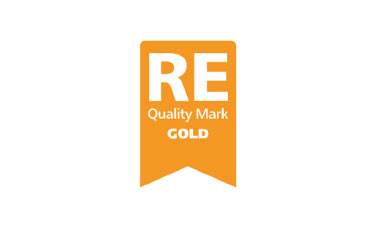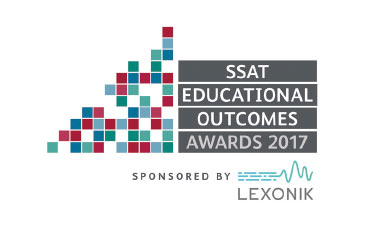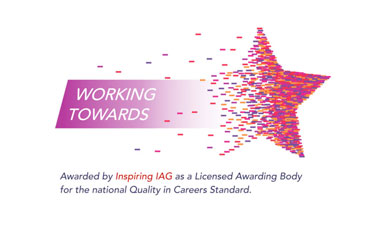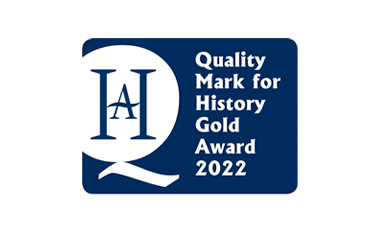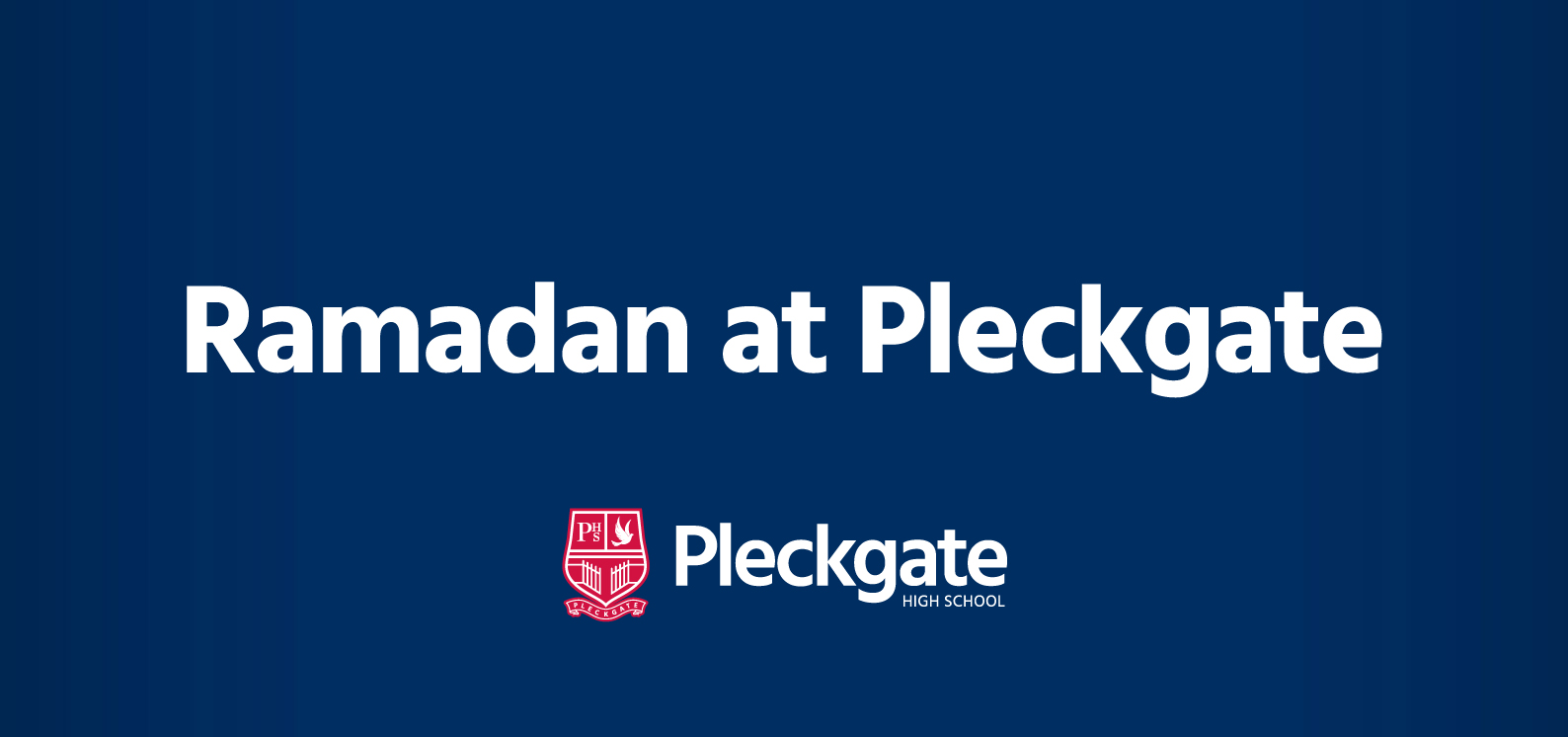
Ramadan falls within the exam season in 2017 and will do so for the next few years. This year a part of Ramadan will coincide with the summer solstice. The combination of long days and exams will put extra pressure on many of our pupils. Ramadan is a time of self –reflection, increased religious devotion and self- control. We at Pleckgate would like to make this time as safe and productive as possible for our pupils who choose to fast.
Fasting as a pupil
A pre-dawn meal (suhur) is absolutely essential for a pupil as this will replace breakfast during the month of Ramadan. This pre-dawn meal should be wholesome and filling in order to sustain energy for many hours. It is important to include slowly digested foods. Complex carbohydrates are foods that will help release energy slowly during fasting and are found in grains and seeds like barley, wheat, oats, cereals, semolina, beans, lentils, wholemeal flour and basmati rice. Fibre-rich foods are also digested slowly; these include bran, whole wheat, grains and seeds, potatoes with the skin left on, all types of bread and breakfast cereals, vegetables such as green beans and fruit such as apricots, prunes or figs.
The meal which breaks the day’s fast (Iftar)
This meal could include dates following the Prophetic traditions. Try to eat a healthy balanced diet, enjoying some protein from meat/fish or lentils and some vegetables. Try to eat as you would normally and remember to eat only a moderate amount, especially of fat and sugar. There will be ample time between iftar and suhur to eat and drink. Take extra special care to drink plenty of water during this time. It is good to sip small amounts whilst praying, doing revision, reading and other activities. This will keep you strong for the long fasting hours and will help prevent dehydration and headaches.
Avoid beverages containing caffeine such as tea, coffee and cola. Reduce the quantity consumed before Ramadan to prevent headache, irritability and mood swings.
Taraweeh (night prayer) is the prayer performed during the month of Ramadan. It is advisable to perform 8 units of prayer (rakaahs) at your nearest mosque to save time to help gain enough rest/sleep.
Abstain from doing too much physical activity such as extra sports, running for the bus, and generally rushing. Take the opportunity to rest when you can and avoid the dehydrating effects of sitting in hot sunshine.
Try to plan your day ahead. Check the examination timetable carefully on the night before an examination. Prepare your clothes, schoolbooks, pens and so on in advance to avoid rushing around in the morning.
If your health is put at risk due to the fast, i.e. dehydration or injury, you can break your fast as your health is more important. Islam teaches that Allah has given permission in the Qur’an to break the fast in these circumstances. Islam does not require you to harm yourself in fulfilling the fast. If a fast is broken, the days will need to be made up by fasting at a later date when your health is better.
It is really important that if you have a medical condition, especially one that requires regular medication that you see your GP before Ramadan begins to discuss treatment options that do not interfere with your fast. You can also talk to your Imam.
A consultation with your GP or community pharmacist before Ramadan starts should provide an opportunity for you to discuss your options such as using inhalers, taking tablets or receiving injections that will allow you to control your medical condition whilst completing a fast safely.
Advice for parents and carers
- Ensure that your child is eating healthily and balance the food from all the major food groups
- Ensure that your child is waking in time to have suhur (the meal before fasting begins) every day
- Ensure that your child is well hydrated between iftar and suhur
- Ensure that children who are exempt from fasting do not fast (under the age of puberty and/or severely unwell)
- Encourage children to prepare school books, clothes and so on the night before so there is not rush in the morning.
- Help your child to organise a timetable so that they can manage revision and school work with fasting and prayer.
- Ensure that your child is taking any medication prescribed by their doctor. With the permission of the doctor, some medication, such as hayfever tablets might be taken during non-fasting hours. Consider reducing visits to and from family and relatives during Ramadan when that coincides with school study/exam times
- Try to encourage children to resume their studies if they become lethargic
- Fasting for children under the age of seven or eight is not advisable. It is a good idea to make young children aware of what fasting involves.
What we will do as a school
At Pleckgate we want to ensure that all pupils feel they are able to practice their faith with the support of the school community.
- Lunch times will be reduced and fasting pupils will have access to supervised quiet spaces to rest.
- Revision lessons will take place in cooler classrooms during hot weather where possible.
- Any pupils not fasting will be provided with a space to eat where they feel comfortable.
- We will consider granting some exemptions from PE to children who are fasting.
- We have considered the possible impact that fasting and late night prayers during Ramadan may have on some of our pupils when setting dates for other activities, such as sports days and trips.
- A prayer room is available to all pupils and will continue to be available during Ramadan.
We would like to wish all the Muslims within our Pleckgate community a very peaceful and happy Ramadan.

